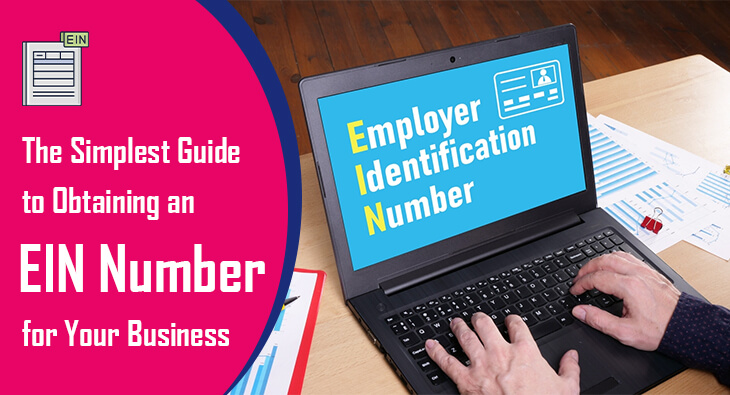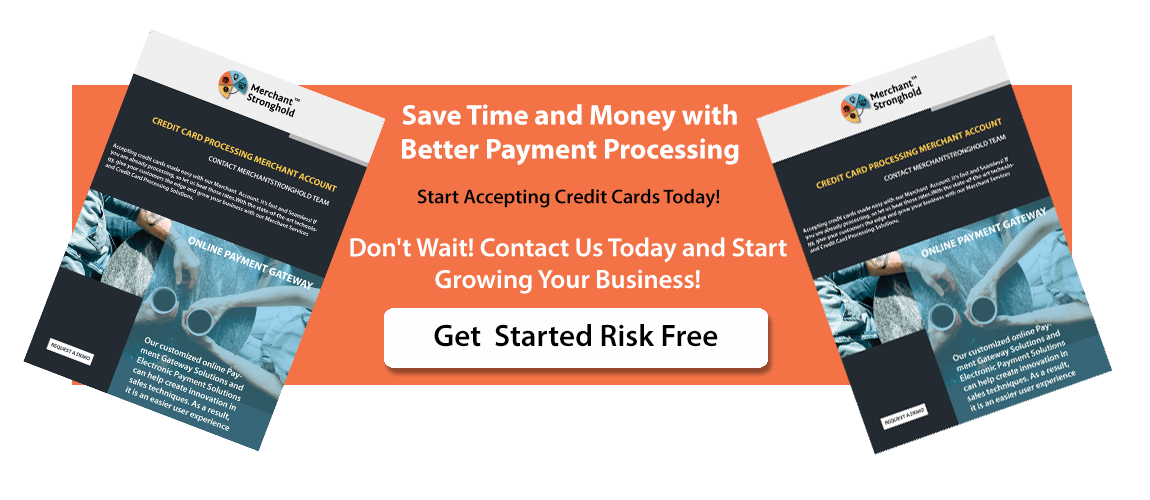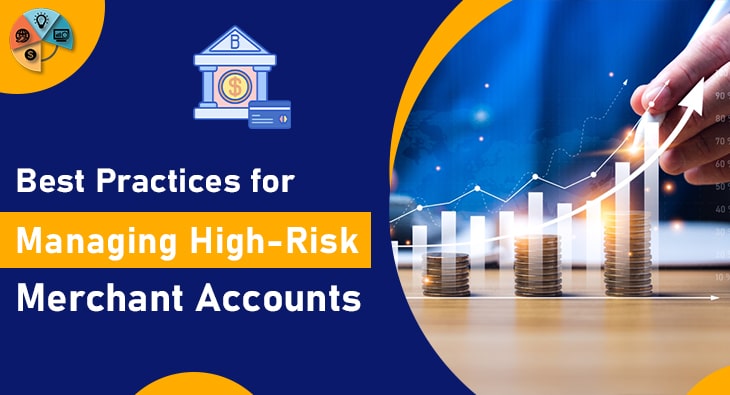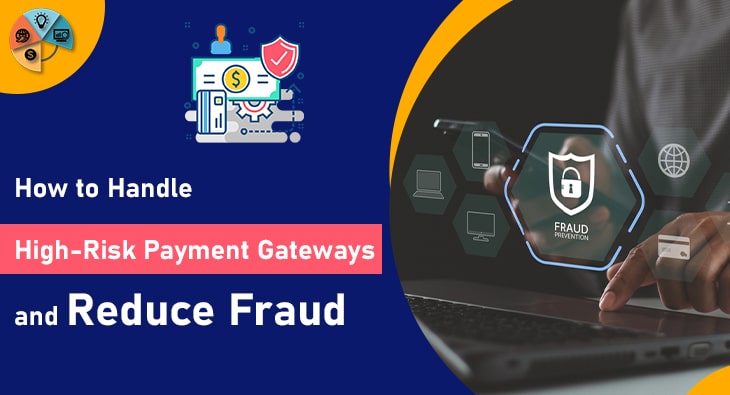Are you wondering how to get an EIN number for your business? Getting an Employer Identification Number (EIN) for your business is an important first step in the process of setting up your business. This guide will provide you with the simplest steps to obtaining an EIN number for your business. With the right guidance, you can easily and quickly obtain an EIN number and be on your way to establishing your business.
What is an EIN number and why do you need one?
An Employer Identification Number (EIN) is a unique nine-digit number assigned by the Internal Revenue Service (IRS) to identify your business for tax purposes. Think of it as your business’s social security number. So, why do you need one? Well, an EIN number is essential for various reasons.
Firstly, it allows you to hire employees legally. If you plan on expanding your business and hiring staff, having an EIN number is a must. It helps the government keep track of your payroll taxes and ensures that you are complying with employment tax regulations.
Secondly, an EIN number is required if you want to open a business bank account. Without it, financial institutions won’t be able to distinguish your personal finances from your business finances. It helps maintain the separation between your personal assets and your business’s financial obligations.
Lastly, an EIN number is necessary for filing business taxes. It allows the IRS to track and process your tax returns accurately. Additionally, some vendors and clients may require your EIN number for invoicing and tax reporting purposes.
In summary, obtaining an EIN number is crucial for legal compliance, financial management, and tax purposes. It is an essential step in establishing your business and ensuring smooth operations.
Some Related Blogs
- A Beginner’s Guide to Understanding SaaS Billing Process
- How Do High-risk Merchant Accounts Different from Regular Accounts
- Decoding Credit Card Surcharging: Tips for Understanding the Fees
- Get More Out of Your Merchant Account for Your Small Business
Eligibility criteria for obtaining an EIN number
Before you dive into the process of obtaining an EIN number for your business, it’s important to ensure that you meet the eligibility criteria. The good news is that the criteria are fairly straightforward. To qualify for an EIN number, you must have a valid reason for requesting one, such as starting a business, hiring employees, or opening a business bank account. It’s worth noting that individuals who only operate as sole proprietors and don’t plan on hiring employees or opening a separate business bank account may not need an EIN number, as they can use their Social Security Number instead.
Additionally, you must have a valid Taxpayer Identification Number (TIN) to apply for an EIN number. This can be your Social Security Number (SSN), Individual Taxpayer Identification Number (ITIN), or another type of TIN issued by the IRS. Keep in mind that your TIN will be associated with your business, so make sure it is accurate and up to date.
Overall, as long as you have a valid reason for needing an EIN number and a valid TIN, you should be eligible to apply.
How to apply for an EIN number
Obtaining an EIN number for your business is a simple process that can be done online. To apply, you will need to visit the official website of the Internal Revenue Service (IRS) and navigate to the EIN application page. Once there, you will be prompted to fill out an online application form.
The form will ask for basic information about your business, such as its legal name, address, and the type of entity it is (such as a sole proprietorship, partnership, or corporation). You will also need to provide information about yourself, such as your name and Social Security Number.
After completing the form, you will be given the option to review your information before submitting the application. Make sure to double-check all the details to avoid any errors. Once you’re satisfied, submit the application, and you will receive your EIN number instantly.
It’s important to keep a record of your EIN number as you will need it for various business-related tasks. With just a few simple steps, you can easily obtain an EIN number and be well on your way to establishing your business.
Filling out the EIN application form
Filling out the EIN application form is a crucial step in obtaining your EIN number for your business. The form is relatively straightforward and can be completed online. Once you access the EIN application page on the IRS website, you will be prompted to fill in some basic information about your business. This includes details such as your business’s legal name, address, and entity type. You will also need to provide personal information, such as your name and Social Security Number.

Take your time to carefully fill out each section of the form, ensuring that all the information provided is accurate and up to date. Double-check for any errors before submitting the application. The IRS uses the information you provide to generate your EIN number, so it’s important to make sure everything is correct.
After you submit the application, you will receive your EIN number instantly. It’s essential to keep a record of your EIN number, as you will need it for various business-related tasks, such as opening a bank account or filing taxes. With these simple steps, you’ll have your EIN number in hand, ready to move forward with establishing your business.
Common mistakes to avoid when applying for an EIN number
When applying for an EIN number for your business, it’s important to be aware of common mistakes that many people make. These mistakes can cause delays or even lead to the rejection of your application. To ensure a smooth process, here are some common mistakes to avoid:
1. Providing inaccurate information: One of the most common mistakes is entering incorrect details on the application form. Double-check all the information before submitting to avoid any errors that could potentially create problems down the line.
2. Not having a valid TIN: As mentioned earlier, you need a valid Taxpayer Identification Number (TIN) to apply for an EIN number. Make sure your TIN is up to date and accurate before filling out the application.
3. Using an incorrect entity type: It’s crucial to choose the correct entity type when filling out the application form. Selecting the wrong entity type can lead to confusion and potential issues when it comes to tax reporting and compliance.
4. Applying without a business purpose: Remember, you must have a valid reason for needing an EIN number, such as starting a business, hiring employees, or opening a business bank account. Applying without a legitimate business purpose may result in the rejection of your application.
5. Not keeping a record of your EIN number: Once you receive your EIN number, make sure to keep a record of it in a safe place. You will need this number for various business-related tasks, so it’s essential to have it readily available.
![]()
Email us anytime!
Email customer service 24/7
![]()
Call us anytime!
Reach customer care 24/7 at +1 (727) 330-3944
By avoiding these common mistakes, you can streamline the process of obtaining an EIN number for your business and ensure a smooth transition into establishing your company.
Follow-up steps after obtaining your EIN number
Congratulations! You have successfully obtained your EIN number for your business. Now that you have this important identifier, it’s time to take some follow-up steps to ensure you’re fully prepared to operate your business smoothly.
First, make sure to keep a record of your EIN number in a safe place. This number will be essential for various business-related tasks, such as filing taxes, opening a bank account, or applying for business licenses. Having it readily available will save you time and hassle in the future.
Next, update your business records with your new EIN number. Notify any relevant parties, such as your bank, clients, and vendors, about the change. This will help ensure that your financial and legal documents accurately reflect your business’s identity.
Additionally, familiarize yourself with your new tax responsibilities. Your EIN number will be linked to your business’s tax obligations, so it’s important to understand the requirements and deadlines associated with filing your taxes.
Finally, consider consulting with a tax professional or accountant to ensure you are taking full advantage of any tax benefits or deductions available to your business. They can help guide you through the process and ensure compliance with all tax laws.
By following these follow-up steps, you’ll be well on your way to running a successful and legally compliant business with your new EIN number.



